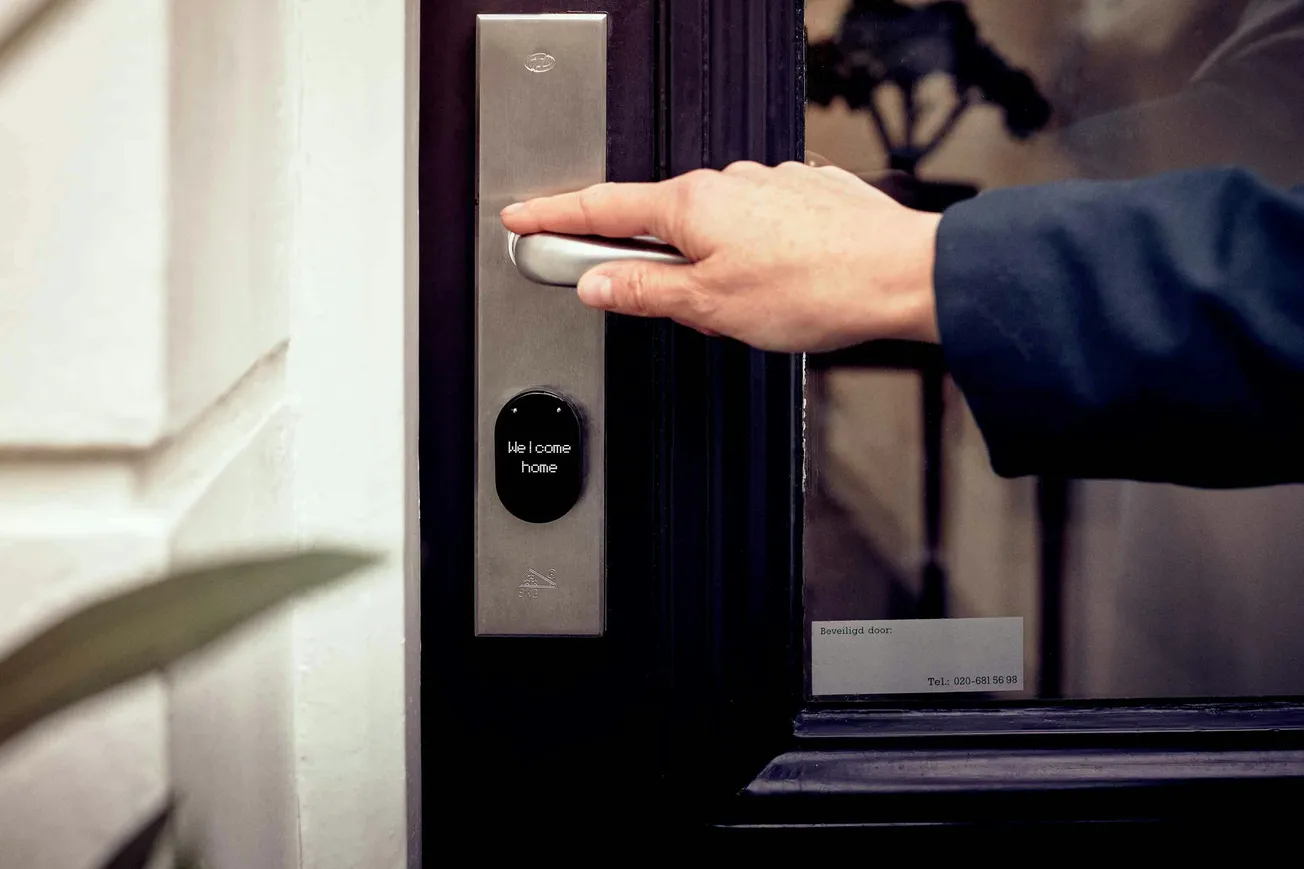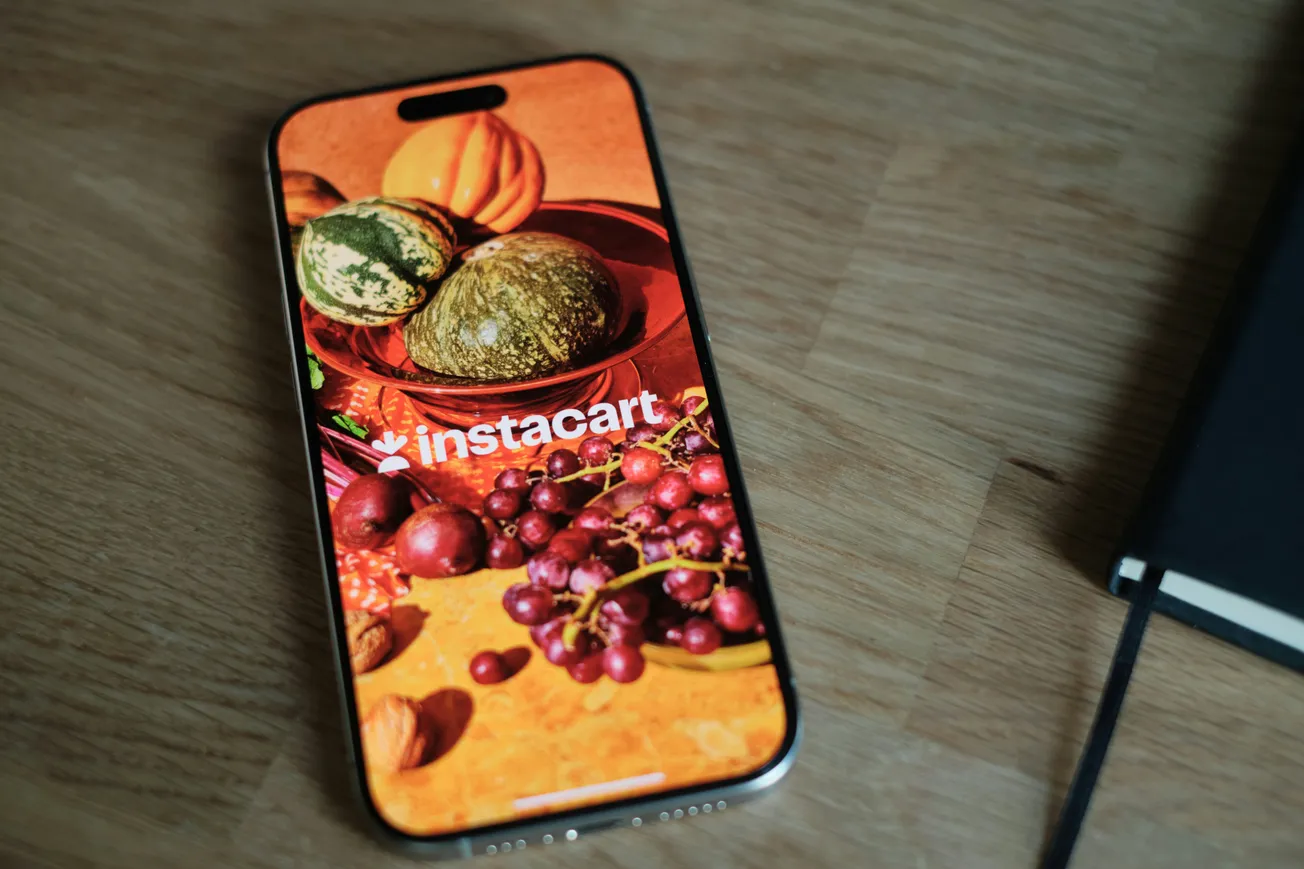Digital locks are rapidly reshaping the landscape of home security, moving households beyond the constraints of traditional keys.
The rise in popularity of smart locks—powered by PINs, biometrics, and smartphone technology—is not only boosting convenience but also providing enhanced peace of mind for homeowners across the globe.
Why Are Digital Locks Surging in Popularity?
The frustration of losing keys or forgetting to lock up is now a thing of the past. Digital locks, operating through passcodes, fingerprint scans, or mobile devices, alleviate these challenges.
Not only does this technology simplify entry, but it also adds a robust security layer that traditional locks can’t match.
Types Of Digital Locks Explained
Digital lock options range from simple number keypads to sophisticated biometric systems:
- PIN Code Locks: Let users program numeric combinations, which are easily shareable and modifiable.
- Biometric Locks: Use unique fingerprints for fast, secure access, preventing unauthorized duplication.
- RFID/Smart Card Locks: Commonly used in offices and condos, granting access with a simple card tap.
- Smartphone-Controlled Locks: Allow remote unlocking and tracking of entry and exit logs, even while you're away.
Each type can be matched to various lifestyles and security needs, whether you prioritize convenience or demand maximum protection.
Core Benefits Of Switching to Digital Locks
- Ultimate Convenience: No more misplaced keys or last-minute return trips to check if doors are locked—many devices auto-lock on shut.
- Improved Security: Unlike mechanical locks that can be picked or bumped, digital versions often come with alarms and lockout features after multiple failed attempts.
- Customizable Access: Temporary codes for guests, cleaners, or deliveries solve the security headache of sharing and reclaiming keys.
Are Digital Locks Foolproof?
While digital locks mark a leap forward in home security, no system is entirely unbreakable. Cybersecurity safeguards like encryption are now standard in reputable brands, helping thwart hacking attempts.
However, users should consider battery life and regular maintenance to avoid inconvenient lockouts.
What To Consider When Choosing A Digital Lock
- Type of Lock: Select among PIN, biometric, RFID, or smartphone-enabled models based on preference.
- Power Source: Most modern locks use batteries—choose ones with reliable, long-lasting power.
- Smart Home Integration: For users of Alexa or Google Home, compatible locks expand the automation ecosystem.
- Durability: Outdoor locks must withstand weather and wear, making ruggedness crucial for gates and entryways.
Looking Toward The Future
As digital locks evolve, advanced features like AI surveillance, facial recognition, and retina scanning are on the horizon. Their goal: maximize both security and user convenience, redefining what it means to feel safe at home.
Upgrading to a digital lock could be the smartest move for security-minded homeowners, ushering in a new era of protection and simplicity.









